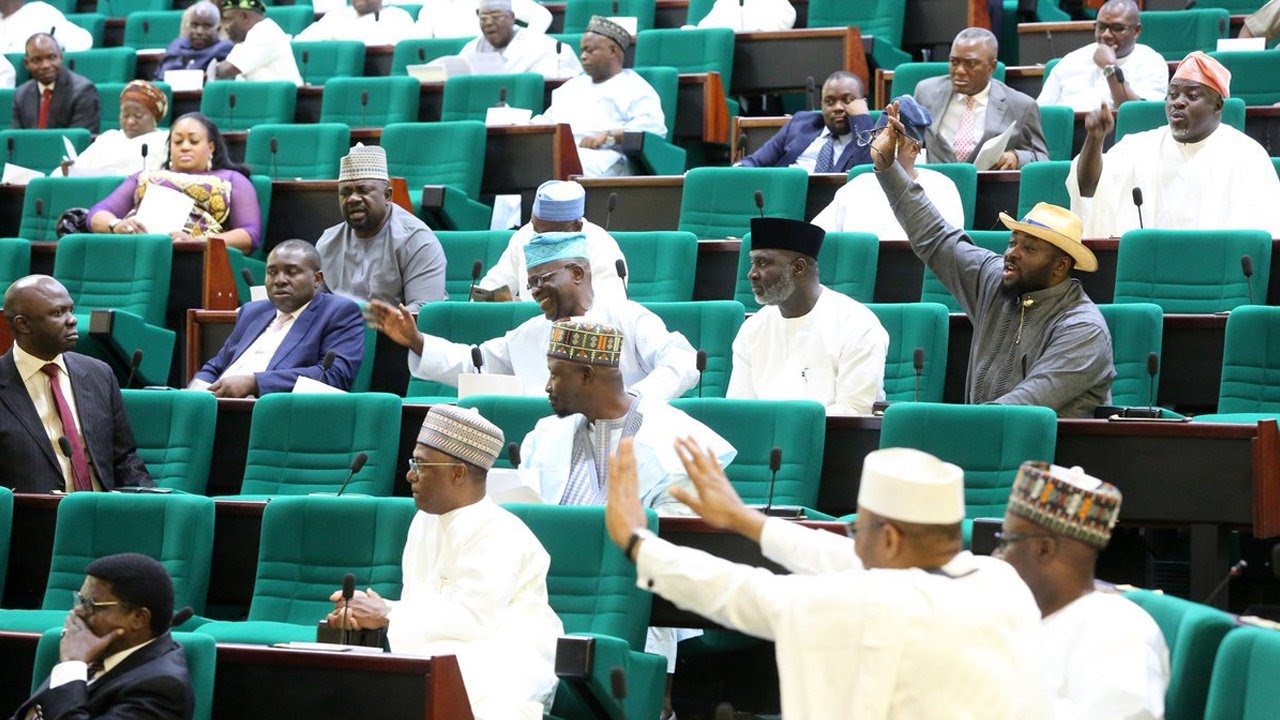The House of Representatives Ad Hoc Committee on the State of Refineries in the Country has revealed that the Nigerian government has spent a massive sum of N11,349,583,186,313.40 from 2010 to the present day on rehabilitating non-functional refineries. The committee chairman, Ganiyu Johnson, presented the report to the Deputy Speaker, Ahmed Wase, who chaired the Committee of the Whole. However, Wase dismissed the committee’s recommendations, claiming that they failed to address the core issues and did not go far enough to bring about meaningful change.
The committee’s report, which our correspondent obtained, provides a detailed breakdown of the expenses incurred in rehabilitating Nigerian refineries from 2010 to 2020 and from 2020 to the present. The total cost of rehabilitation during this period amounts to N11,349,583,186,313.40. Additionally, there are additional costs in other currencies, totaling $592,976,050, €4,877,068.47, and £3,455,656.93.
The committee further breaks down the figures, indicating that the cost of rehabilitation projects is N42,646,596,313.40. Moreover, N191,670,000,000 has been deducted from the Federation Account for rehabilitation purposes, and the refineries have incurred losses amounting to N366,524,140,000 during a specific period. Subsidy payments from 2010 to 2020 reached N5,948,140,000,000, while the total cost of operating the refineries was N4,800,602,450,000.
The committee’s findings reveal that Nigeria’s three refineries have been non-productive since 2010, resulting in substantial losses. The Port Harcourt Refinery Company has experienced losses of 7.6% amounting to N132,526 since 2012, while the Warri Refinery has incurred losses of 6% totaling N111.376 billion since 2014. Similarly, the Kaduna Refinery has suffered losses of 10% amounting to N122,621 since 2014.
According to the committee, the nation’s refineries have been operating below optimal levels, with an annual combined capacity of less than 30% from 2010 to 2019. In response, the Nigerian National Petroleum Corporation (NNPC) obtained executive approval in 2019 to shut down the refineries for comprehensive rehabilitation with the aim of restoring them to a maximum utilization capacity of 90%.
The committee’s investigation has unveiled several key points. It highlights that the total losses incurred by non-functional refineries since 2010 amount to N366,524,140,000. The report also reveals that the total cost of operations and maintenance during the period from 2010 to 2020 is N4,800,602,450,000. Additionally, it outlines specific rehabilitation projects undertaken by the Port Harcourt Refinery Company, valued at approximately N12,161,237,811.61 over a period of seven years from 2013 to 2019. The Warri Refinery and Petrochemical Company executed rehabilitation projects valued at about N28,219,110,067.10 over a six-year period from 2014 to 2019. Similarly, the Kaduna Refinery and Petrochemical Company conducted rehabilitation works valued at about N2,266,248,434.69 during the same period.
Furthermore, the committee’s report reveals that based on the NNPC’s submissions from 2013 to 2019, the total cost of rehabilitating the three refineries is N42,646,596,313.40. Additionally, there were project costs reported in foreign currencies at the Kaduna Refinery and Petrochemical Company (KRPC), such as USD 43,672,537.56, EUR 2,852,068.15, and GBP 3,455,656.93.
The report also sheds light on specific contracts and expenditures. It states that in 2017, the SAIPEM Contracting Nigeria Limited was awarded a contract by the NNPC for the Technical Plant Survey of the Warri and Kaduna Refineries, with a contract price of €2,025,000.32. The total value of the contract for the Technical Plant Survey of the two refineries awarded to SAIPEM was €2,025,000.32, of which €1,822,500.29 has been received, leaving a remaining balance of €202,500.03.











Leave a Reply